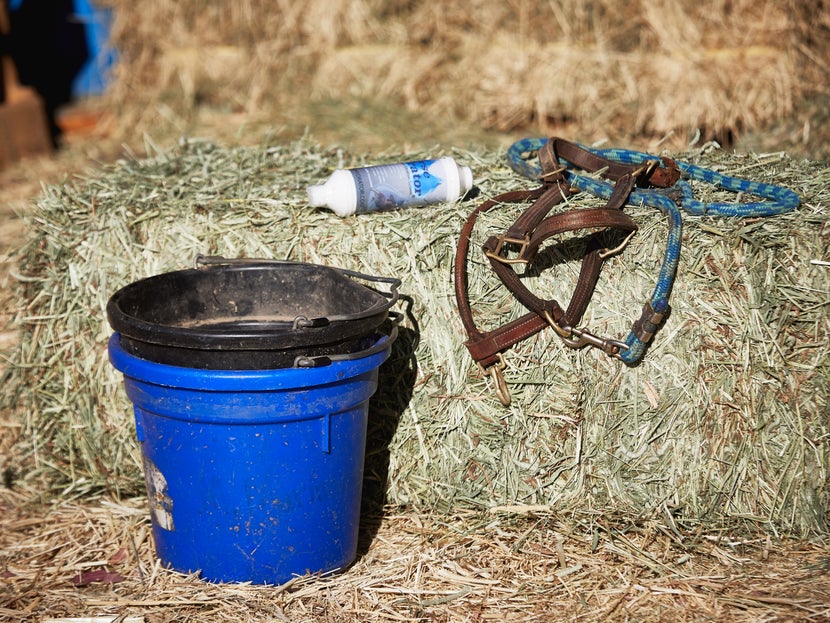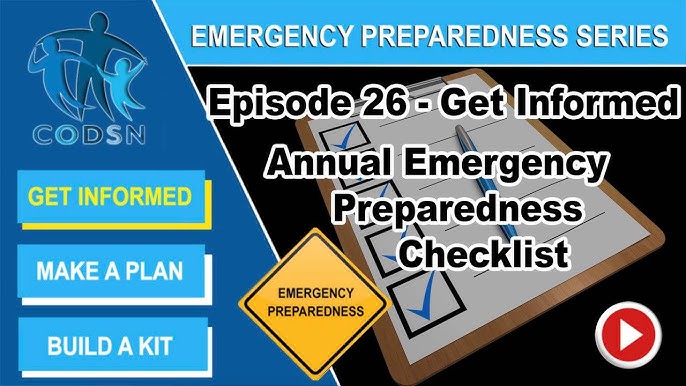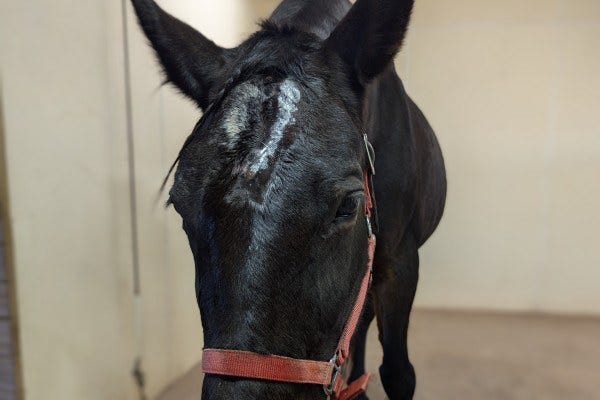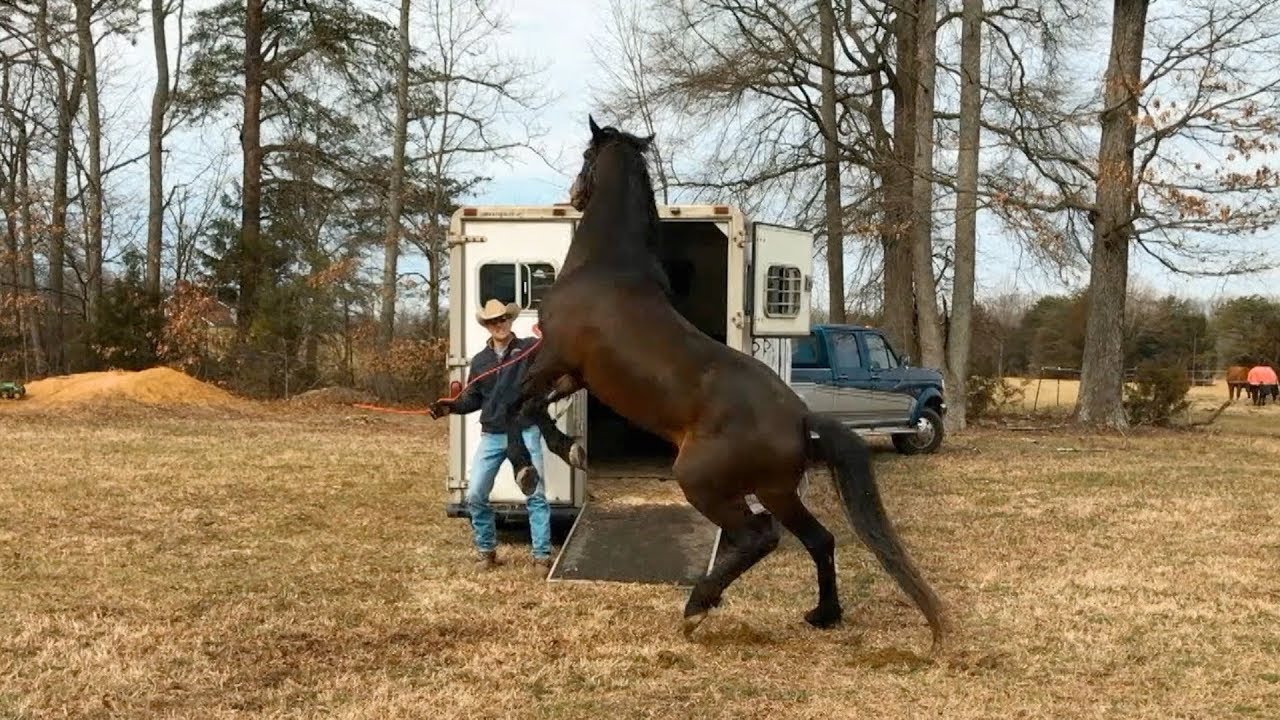Family Emergency Planning with Horses

Planning for emergencies is crucial for every family, especially when horses are part of the household. Horses require special considerations due to their size, temperament, and needs. This article will guide you through creating a thorough emergency plan that ensures the safety and well-being of both your family and your horses.
Why Emergency Planning with Horses is Important

Horses are large animals that can be unpredictable in stressful situations. Emergencies such as natural disasters, fires, or sudden health issues require quick, organized responses. Having a plan minimizes risks and helps protect your animals and family members.
Key Components of a Family Emergency Plan with Horses

| Component | Description |
|---|---|
| Evacuation Routes | Identify multiple safe routes to evacuate your horses and family quickly and safely. |
| Emergency Contacts | List veterinarians, neighbors, and local animal shelters who can assist during emergencies. |
| Transportation | Arrange reliable trailers and vehicles suitable for horse transport. |
| Supplies and Equipment | Stockpile feed, water, first aid kits, halters, lead ropes, and other essentials. |
| Shelter Plans | Determine safe locations for sheltering horses during different types of emergencies. |
Steps to Create Your Emergency Plan
- Assess Risks: Understand the types of emergencies common in your area (floods, wildfires, storms).
- Prepare Your Horses: Train your horses to load into trailers calmly and practice evacuation drills.
- Gather Supplies: Maintain an emergency kit with at least 72 hours of feed, water, and medical supplies.
- Establish Communication: Ensure all family members know the plan and have access to emergency contacts.
- Review and Update: Regularly revisit your plan to accommodate changes in your family or horse care needs.
Emergency Kit Checklist for Horses
- Feed (hay, grain) for 3 days
- Fresh water supply
- Portable water buckets
- First aid kit (bandages, antiseptics, medications)
- Halters and lead ropes
- Copies of veterinary records and identification
- Emergency contact list
Frequently Asked Questions (FAQ)
Q: How often should I practice evacuation drills with my horse?
A: Ideally, practice at least twice a year to keep your horse familiar with the process.
Q: What if I don’t have a trailer?
A: Arrange with neighbors or local farms for temporary use of trailers during emergencies.
Q: How can I keep my horse calm during an emergency?
A: Regular training, familiar routines, and gentle handling help reduce stress.
Q: Where can I find emergency shelters that accept horses?
A: Contact local animal control or equine organizations for information on designated shelters.
Conclusion
Family emergency planning with horses requires foresight, preparation, and practice. By following these guidelines, you can ensure the safety of your horses and loved ones during unexpected events. Start planning today to be ready for whatever comes your way!
